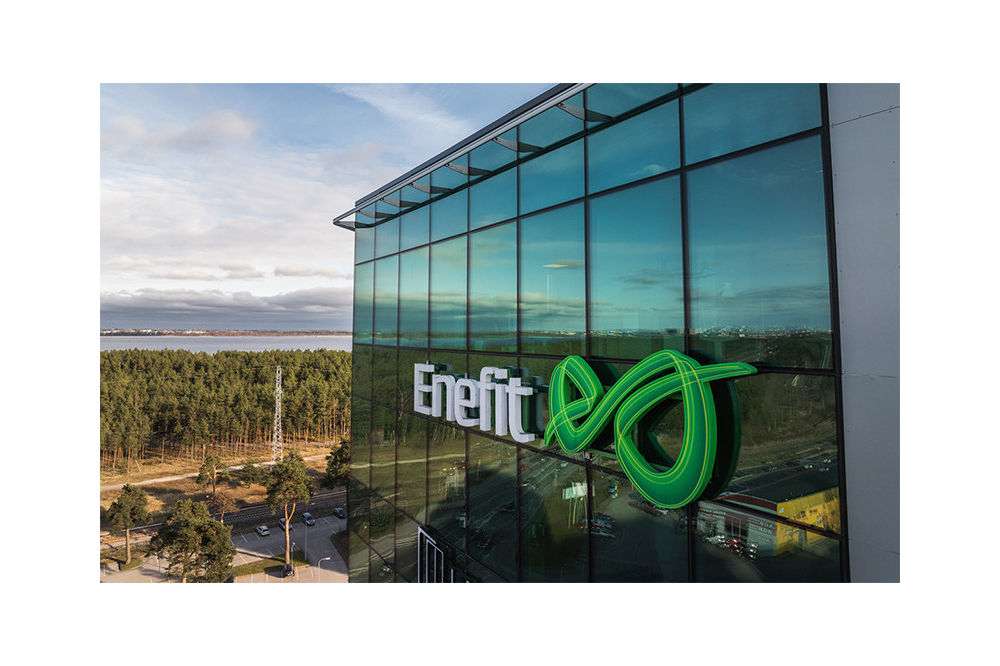Estonian energy firm Enefit, is reported to be having second thoughts about the use of tyres for fuel
Enefit was using a pyrolysis process to extract oil from ELT, which they then blended with shale oil. However, a new management team at Enefit is having doubts about the efficacy of the process.
This, in turn is causing tyre chip supplier Ragn-Sells to have its own concerns. Ragn-Sells built a plant in Estonia solely for the purpose of supplying tyre chip to the Enefit project. . The company invested more than €3.5 million, signed a supply contract with Enefit, and may now have to unexpectedly seek alternative markets for shredded tyres.
“We are in a difficult position because we still have a valid contract with Enefit Power, meaning we have to continue producing tire chips. If we do not, Enefit could claim that we are the ones failing to fulfill the contract. But I can confirm that, undoubtedly, in the search for alternatives, Ragn-Sells will likely suffer losses for years with this production line. We built this line primarily for cooperation with Enefit Power, and our entire business plan was based on the premise that Estonia’s tyres would be turned into oil in Estonia. Enefit Power has not taken any responsibility for the situation,” said Kai Realo, CEO of Ragn-Sells Estonia.
Last summer, Enefit Power announced that tyre chips were already being processed and that all old tyres generated in Estonia could be utilized in the oil plant.
However, last Autumn, the company underwent a management change, and the new chairman of the board, Lauri Karp, took a different view.
Enefit Power’s chairman, Lauri Karp, stressed the company has not completely ruled out the use of old tyres, it is just waiting for test results.

“If we start in the summer, once all the permits have been obtained, it will still take some time. I cannot promise you whether it will be six months, a year, or a year and a half. We will see. We have competent chemists who will determine when we have an answer,” Karp said.
“The new board is taking a conservative approach, and we certainly have our own ideas about what we will do with alternative raw materials, including wood, biomass, plastic, and tyres. So, for now, we are still in more of an experimental phase,” Karp said.
Karp stressed the company has not completely ruled out the use of old tyres, it is just waiting for test results. “We will see what the real issue is, whether it is an economic issue, a technological issue, or a quality issue. And of course, we are also considering air emissions. These are all new factors that the previous board members likely did not examine in detail.”
Karp concluded by saying that the amount of shredded tyres added to oil shale makes up only a small per cent of the total fuel volume. It remains unclear whether such a small proportion is worth the effort.


















